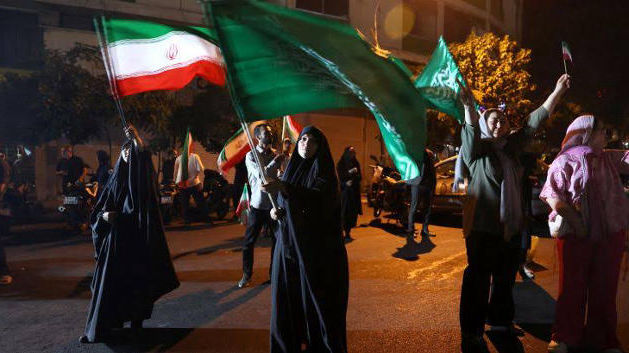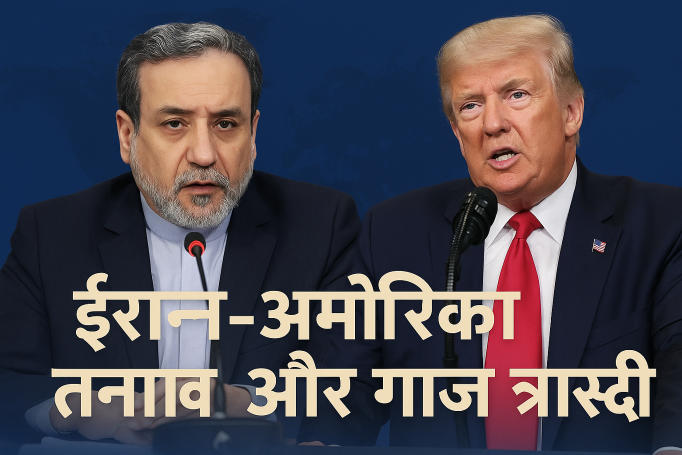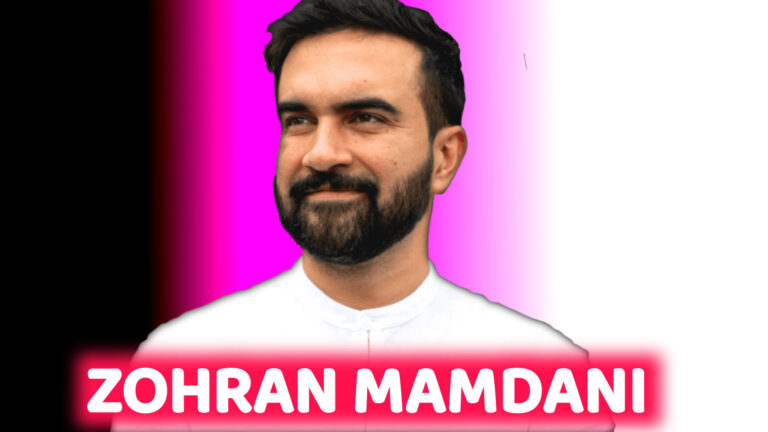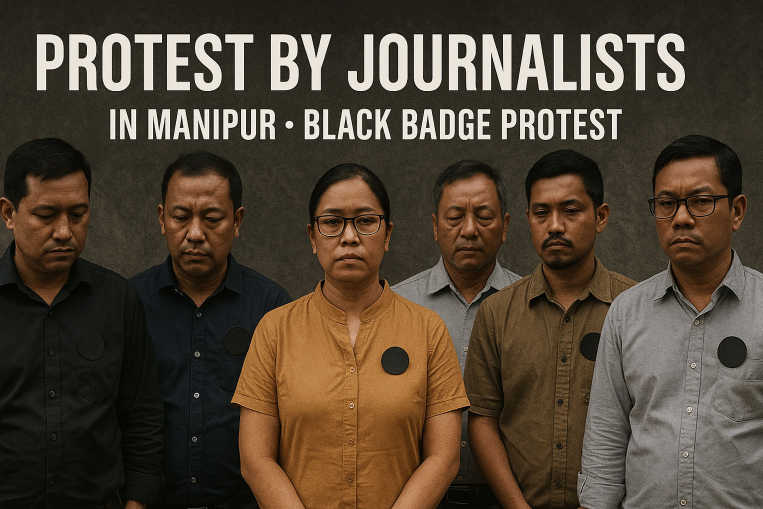
✋ Iran Offers Conditional Peace
Tehran | June 24, 2025 — After weeks of tension, missile launches, and growing fears of a full-blown regional war, Iran has made a rare diplomatic overture: a pledge to halt all retaliatory strikes—if Israel stops its military actions first.
The statement, made earlier today by a senior Iranian foreign ministry official, signals a potential turning point in what many feared could become the most dangerous Middle East conflict in recent memory. It also followed a weekend filled with chaos—U.S. strikes on Iran’s nuclear sites, Iranian missile fire at Israel and a U.S. airbase in Qatar, and a wave of global calls for calm.
The Message from Tehran
Iran’s official statement was carefully worded. A government spokesperson said, “The Islamic Republic of Iran does not seek escalation. Our retaliatory actions were proportional responses to repeated acts of aggression. If the Zionist regime halts its illegal strikes and violations, Iran will immediately suspend further operations.”
This comment was made just hours after U.S. President Donald Trump publicly declared that a “complete and total ceasefire” between Iran and Israel would begin within 24 hours. Interestingly, Iran didn’t deny the possibility of a ceasefire but pointed out that any real peace depends on Israel’s next steps.
“We are not the initiators of conflict,” the spokesperson added. “But we reserve the right to respond in defense of our sovereignty and people.”
What Sparked This Crisis?
The latest wave of conflict began when Israeli airstrikes allegedly hit Iranian military and nuclear targets. In response, Iran launched hundreds of missiles and drones toward Israel on June 13. Although most of them were intercepted, the scale and intensity of the barrage shocked the world.
Then, in an unexpected move, the U.S. carried out its own aerial attacks on key Iranian sites. That triggered Iran’s strike on the U.S.-run airbase in Qatar—a development that brought American assets directly into the crosshairs.
Despite the escalation, Iran had informed Qatar of its strike in advance, minimizing casualties and damage. That move, now being read by many analysts as a deliberate signal of restraint, may have helped open the door for dialogue.
Mixed Signals from Israel
While Iran is signaling readiness to stop, Israel has yet to issue any formal response to Tehran’s offer. Israeli officials have remained tight-lipped, though sources suggest that high-level security meetings are underway to assess the situation.
A few insiders have hinted that Israel may also be interested in cooling tensions, especially if the U.S. continues to pressure both sides. However, others warn that Israel is unlikely to stop its operations unless it believes Iran is completely backing off from its regional ambitions, including its support for Hezbollah and other militias.
Reactions from Around the Globe
Nations across the Middle East are watching closely. Gulf countries like the UAE, Saudi Arabia, and Bahrain have urged de-escalation, fearing any further conflict could spill over and destabilize the entire region. European leaders, meanwhile, are quietly pushing for behind-the-scenes talks, hoping to revive dialogue channels similar to the now-defunct Iran nuclear deal.
Russia and China have also weighed in, calling for calm but indirectly blaming Western interference for the rising tensions.
What’s Next?
The next 24 to 48 hours are seen as critical. If Israel halts its airstrikes and Iran follows through on its promise, the region could breathe a temporary sigh of relief. But if even one side flinches or reverts to provocation, the fragile peace could break.
As things stand, both sides are armed, wary, and watching. The world can only wait—and hope—that diplomacy triumphs over destruction.







